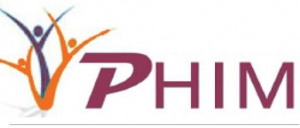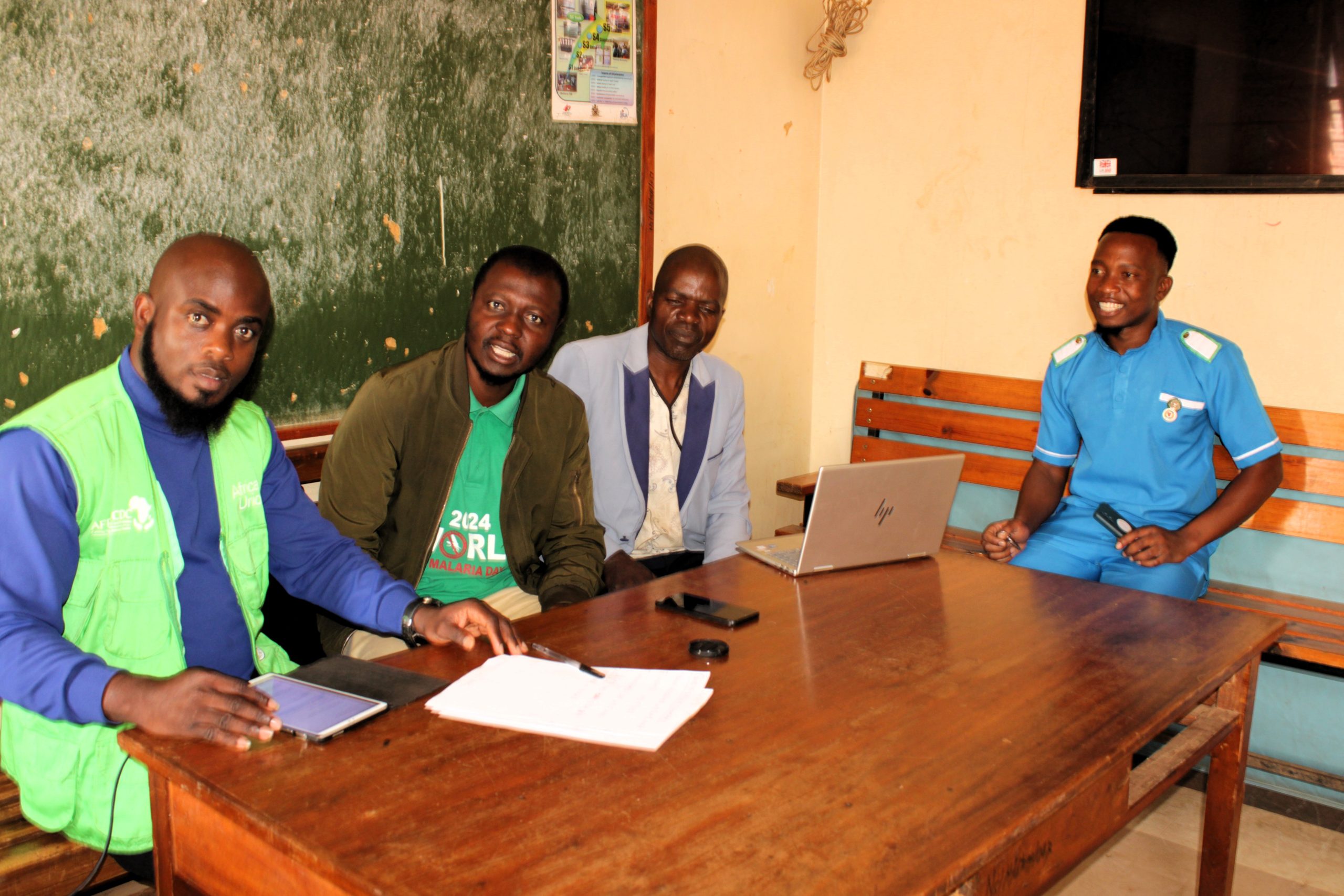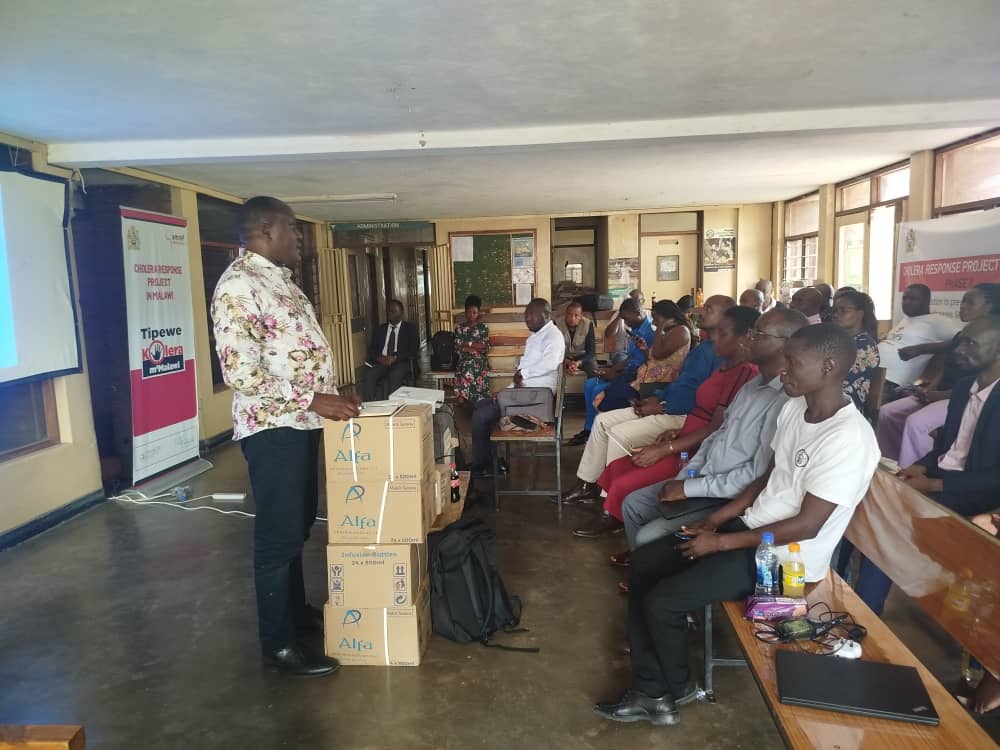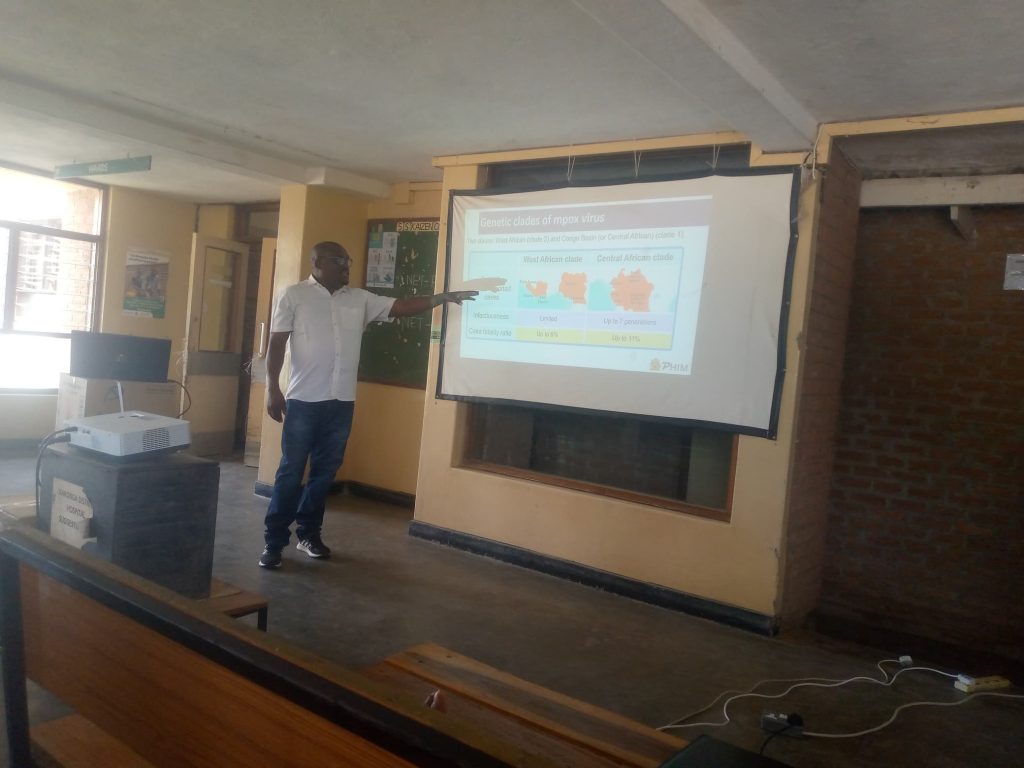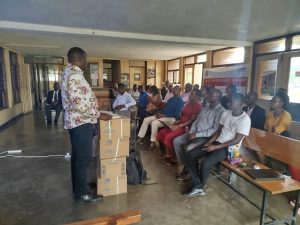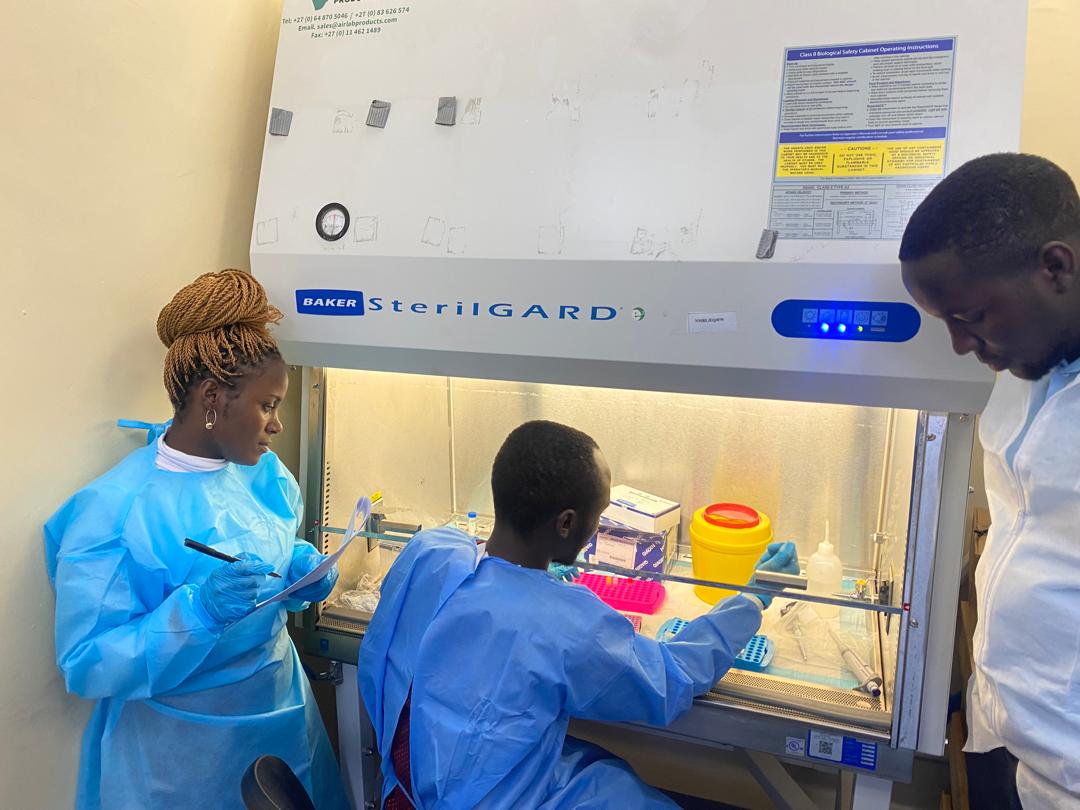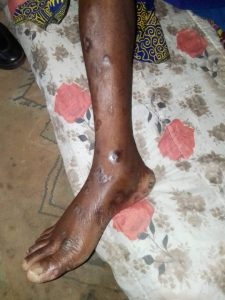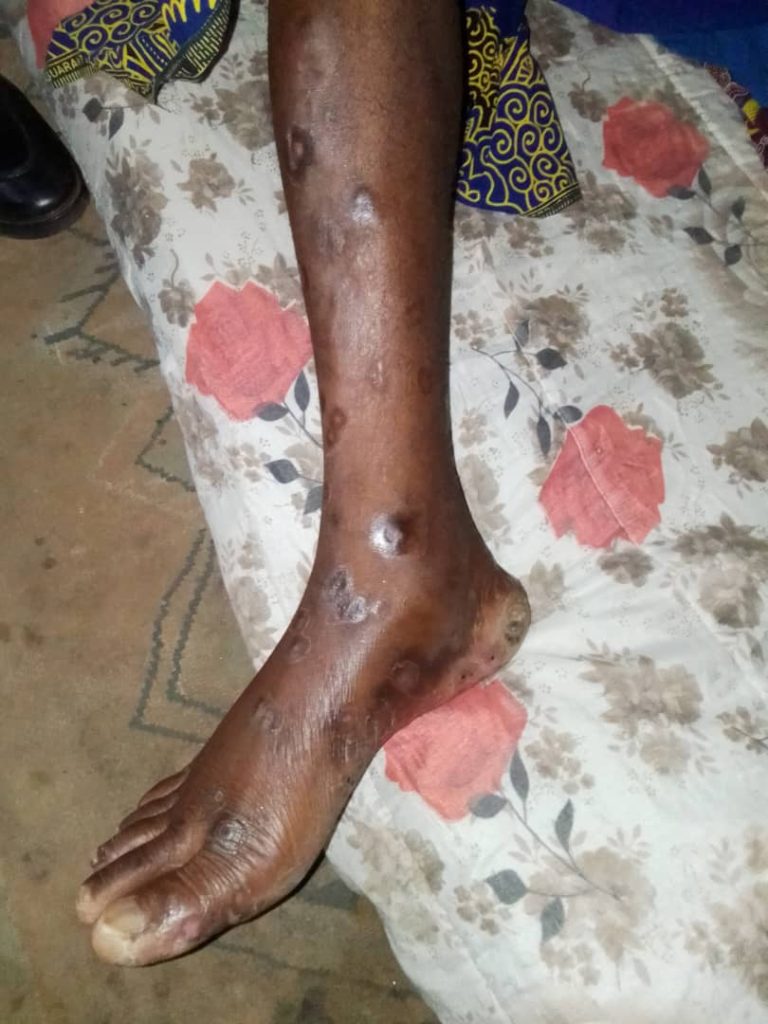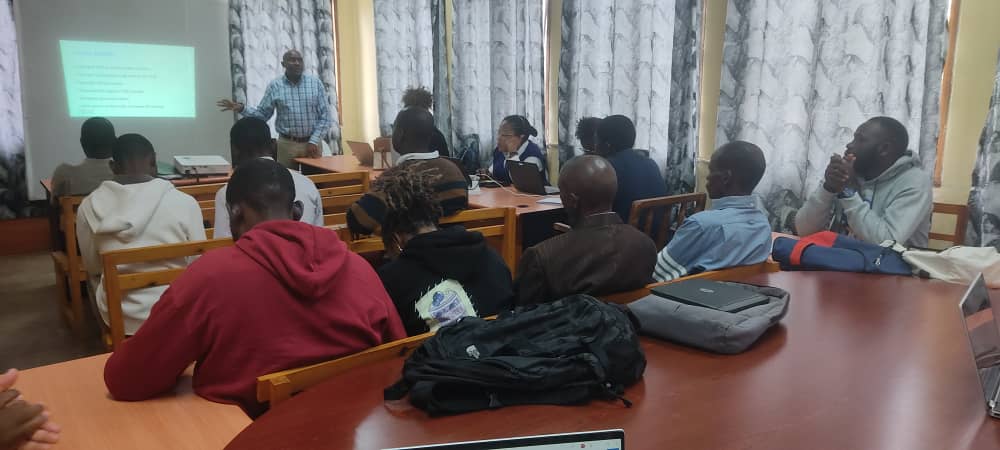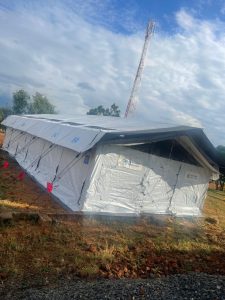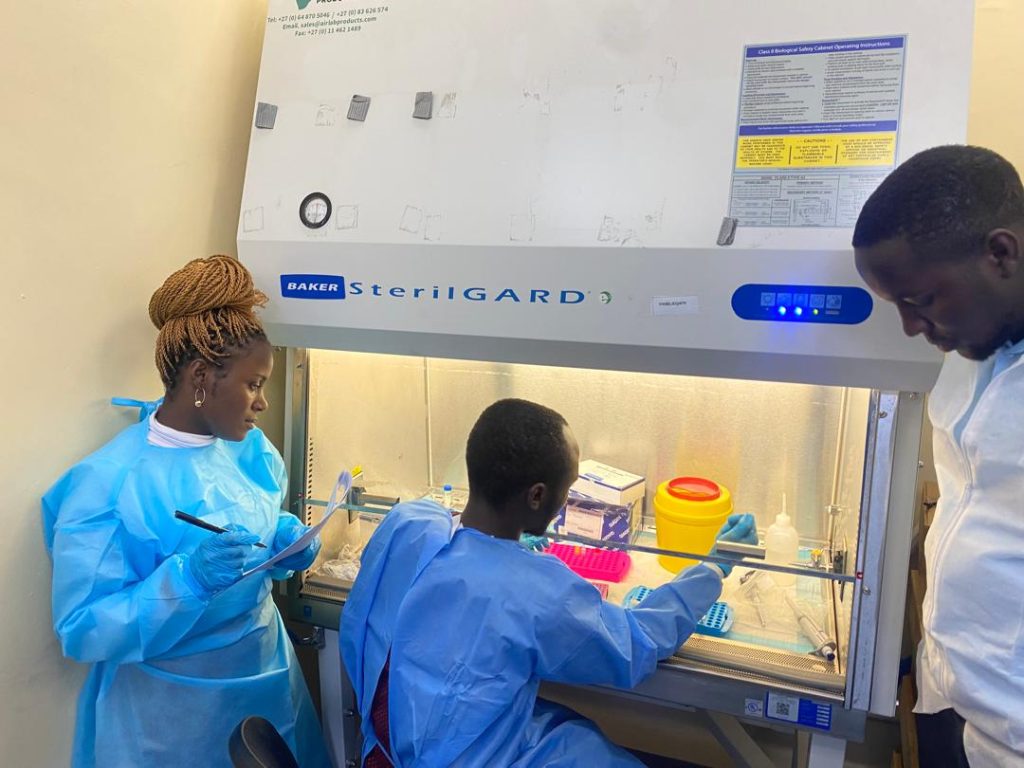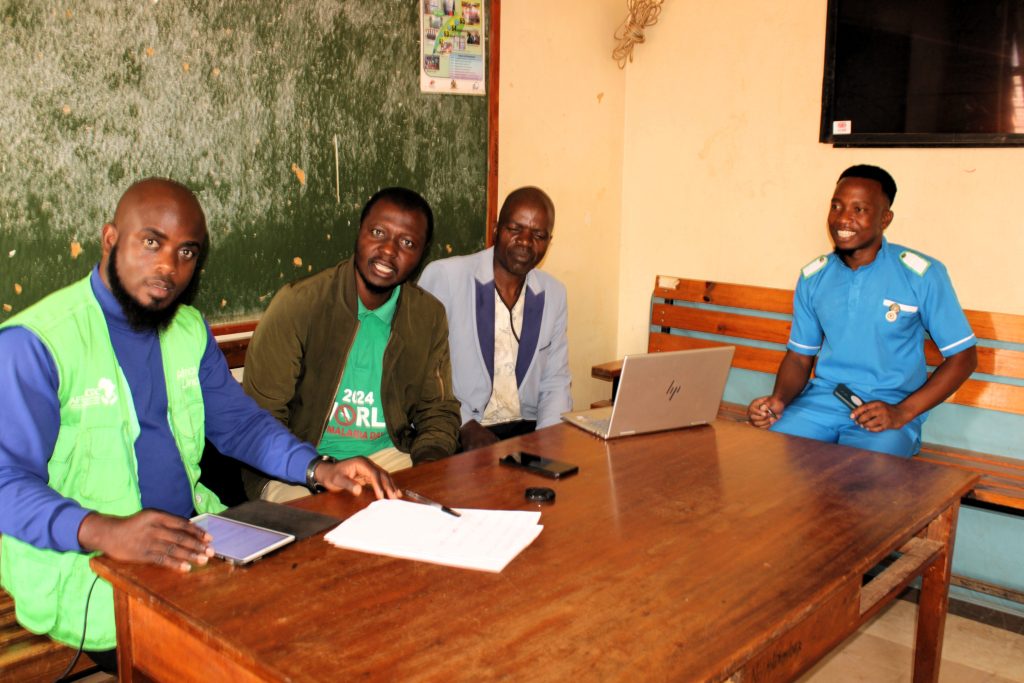
MERHSP National Monitoring.
by
Moses Nyambalo Phiri in collaboration with Regina Mankhamba and Settie Kanyanda.
The Public Health Institute of Malawi (PHIM) is currently undertaking a nationwide assessment across all districts to evaluate the implementation of the Malawi COVID-19 Emergency Response and Health Systems Preparedness (MERHSP) project, the World Bank.
This exercise aims to assess the project’s progress, achievements, and challenges, while identifying key lessons learned throughout its execution to strengthen future public health responses.
The findings from this comprehensive monitoring exercise will play a crucial role in refining Malawi’s public health strategies, addressing gaps, and fortifying healthcare infrastructure to respond effectively to future health emergencies. By monitoring operational successes and challenges, PHIM aims to enhance national preparedness and resilience against infectious diseases, improving overall health outcomes for the population.
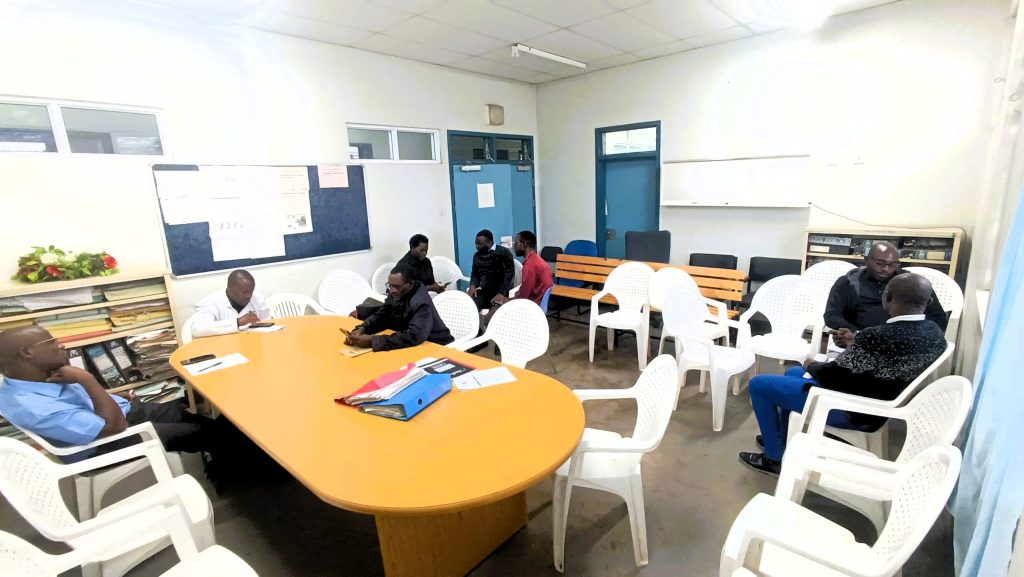
The monitoring exercise categorically aims to:
(a) To Strengthen District Community Health Initiatives
PHIM has facilitated the distribution of bicycles and motorcycles to support Health Surveillance Assistants (HSAs) in reaching remote areas more efficiently. This effort enhances healthcare accessibility, particularly for communities in hard-to-reach locations. In addition, districts are hosting monthly community dialogues focused on COVID-19 vaccination and prevention measures, promoting informed health choices among residents and fostering trust in the healthcare system.
(b) Promoting Infection Prevention and Control (IPC) Measures
The monitoring exercise shall identify notable improvements in infection prevention and control practices. Districts have established IPC guidelines and standard operating procedures (SOPs), ensuring consistent and effective infection control protocols. Healthcare staff across district and health center levels have undergone training in IPC guidelines, and these guidelines have been widely disseminated among healthcare workers. This initiative strengthens the capacity of healthcare facilities to mitigate the spread of infectious diseases, including COVID-19.
(c) Strengthening District Administration capacity in responding to medical emergencies
A significant development in healthcare logistics has been the provision of ambulances and Rapid Response Team (RRT) utility vehicles. These were secured through the World Bank COVID-19 Project, enabling districts to respond swiftly to medical emergencies and improving patient transport systems. The deployment of these vehicles enhances emergency care and enables healthcare workers to offer timely interventions in urgent cases.
(d) To Build District Capacity in Case Management Efforts
To enhance the healthcare system’s ability to manage COVID-19 cases, clinical staff have been trained in case management protocols. The establishment of patient referral systems and guidelines has improved the coordination of healthcare services, ensuring efficient care for both COVID-19 and non-COVID-19 patients. Additionally, clinical and support staff working in District Cholera Isolation Wards have undergone mentoring in cholera case management over the past year, strengthening their ability to handle outbreaks effectively.
(e) To Strengthen the Capabilities of the National Reference Laboratories
At the national level, genomic sequencing has emerged as a crucial area of focus. The monitoring identified that genomic sequencers are available, and personnel have been trained to conduct genomic sequencing. This progress enhances Malawi’s ability to track variants of COVID-19 and other pathogens, supporting more informed public health decisions.
(f) To Strengthen Reporting from the Expanded Program on Immunization (EPI)
Districts report an adequate supply of COVID-19 vaccines and personal protective equipment (PPE) to support ongoing immunization efforts. Ensuring that vaccines and protective gear remain available is essential for maintaining the momentum of the country’s vaccination program and safeguarding frontline workers.
(g) Strengthen Healthcare Infrastructure and Capacity
Beyond operational improvements, the exercise scrutinises healthcare infrastructure and capacity at district facilities. Specific areas under review included:
- Essential Equipment Availability: The exercise examined the presence of critical medical equipment and trained personnel. A key focus is the capacity of facilities to administer oxygen to patients without facing accessory-related challenges.
- Surgical SOP Implementation: The presence and application of Surgical SOPs for COVID-19 patients are being reviewed to determine their effectiveness in patient management. Healthcare providers are assessing how these SOPs have contributed to improving clinical outcomes.
(h) Improve Logistical and Infrastructure Developments
The exercise also explored the progress of logistical and infrastructural improvements under the Malawi COVID-19 Emergency Response and Health Systems Preparedness project. This includes:
- Hospital Rehabilitation Efforts: Central hospitals designated for COVID-19 case management have undergone rehabilitation, and the monitoring exercise is tracking the completion of these efforts and any ongoing construction projects.
- Supply and Resource Distribution: The availability and distribution of critical resources—such as motorcycles for healthcare workers and the consistent supply of COVID-19 vaccines and PPEs are being assessed to ensure uninterrupted healthcare service delivery.
As the monitoring of the project continues, PHIM encourages stakeholders, healthcare professionals, and the general public to remain engaged in supporting these initiatives. Updated reports and insights will be shared in subsequent briefings to ensure transparency and collective action in strengthening Malawi’s health systems.
